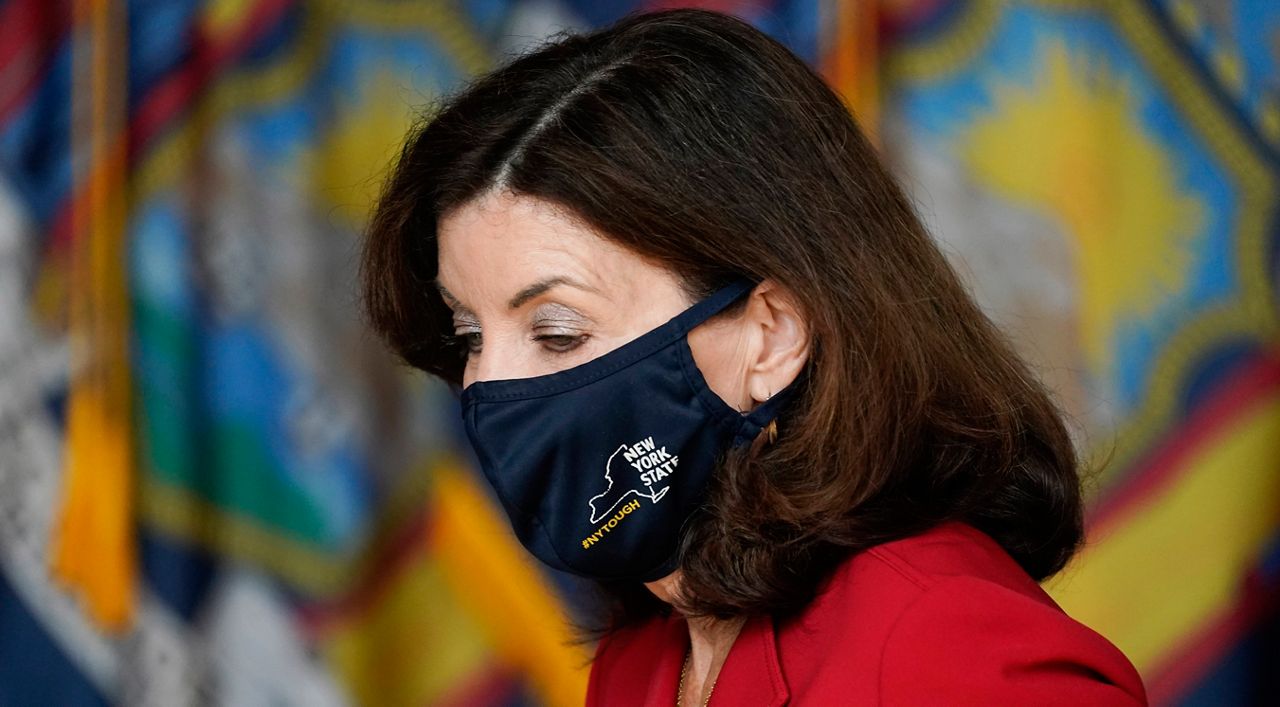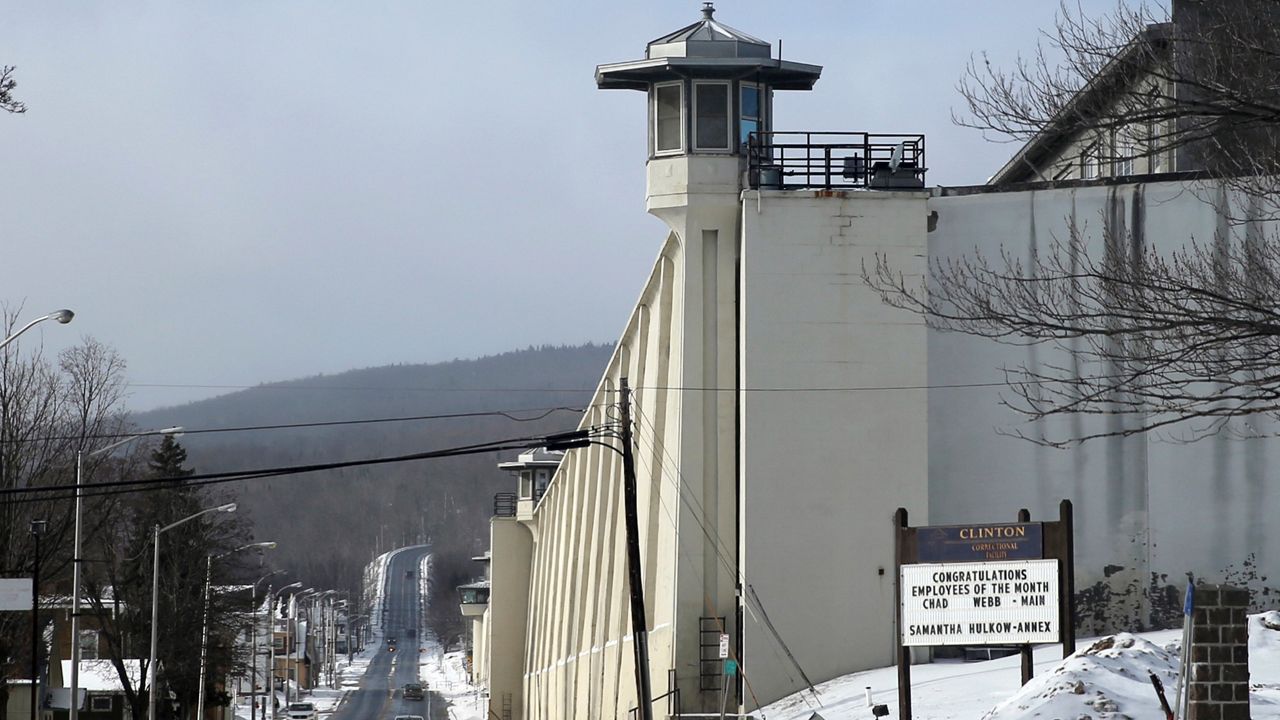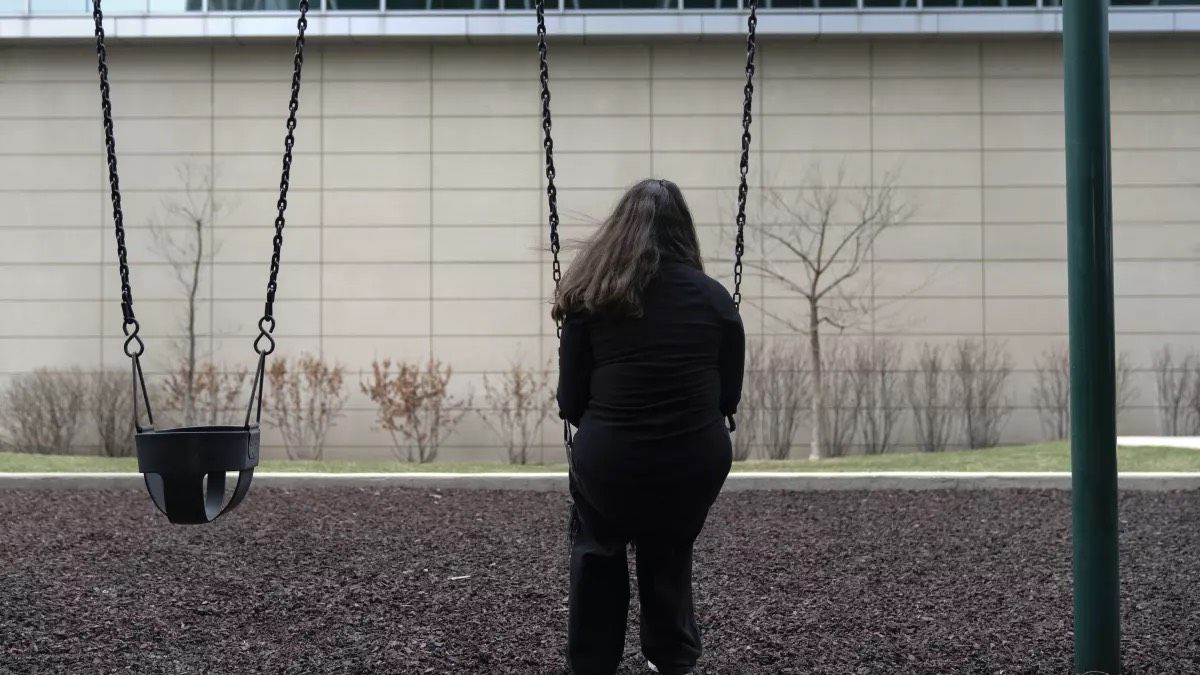State lawmakers plan to expand educational grant programs next session as they begin work on legislative proposals to offset the impact of last month's U.S. Supreme Court ruling that overturned the use of affirmative action in the college admission process.
Last week, more than 100 state leaders participated in a private roundtable discussion in response to the June 29 ruling against allowing colleges and universities to consider race when accepting or rejecting a student's application. The informal virtual discussion featured members of the state Senate and Assembly, SUNY Chancellor John King, CUNY Chancellor Félix Matos Rodríguez, Commission on Independent Colleges and Universities President Lola Brabham and members of the state Black, Hispanic and Asian caucus.
"It is a setback," Assembly Higher Education Committee chair Pat Fahy said of the SCOTUS decision. "It is upending decades of precedence to encourage affirmative action to strengthen diversity on our college campuses."
Lawmakers are exploring proposals to increase the Tuition Assistance Program in the next budget and other grant and scholarship programs based on students' economic needs, Fahy said. Next session, they also plan to consider changing state law to require all high school graduates complete the Free Application For Federal School Aid, or FAFSA form, to maximize assistance — a policy eight other U.S. states already have.
The roundtable came together quickly, with high engagement, roughly two weeks after the ruling to determine how the Legislature can take action to preserve diversity at New York colleges and universities.
"They're all doing some real planning," Fahy said. "There were a lot of conversations about TAP and making sure we increase that vast threshold, because that will help a number of diverse candidates. All are committed to diversity and I think the Supreme Court has left a door open there — albeit a narrow one. But there is a real commitment to continuing to strengthen our diversity and that is certainly what this state, if not this country, was built on."
Education Opportunity Programs at SUNY and CUNY campuses are based on a student's income level, not race, and are not expected to be impacted by the decision.
Assemblywoman Michaelle Solages, who chairs the state Black, Puerto Rican, Asian & Hispanic Caucus, is pushing to expand and protect those programs.
"We're reacting to the ruling, and we're recalibrating and preparing ourselves for the future," she said Monday. "We're looking at every facet of every bill to ensure that we're counteracting the ruling of the Supreme Court."
Lawmakers are weighing additional funding for EOP and similar assistance in the next budget, and creating new programs or scholarships for low-income students — who are frequently students of color — pursuing specific fields.
Fahy says they'll be prepared for additional litigation and to find a way to legislate around it.
"There is a little bit of a concern that we will see some threats to some of the scholarship-type programs," the assemblywoman said. "But if we do see that, we will just have to figure out the workarounds. ...There are workarounds, and we're going to find them."
The SCOTUS decision is beginning to spark conversation about other proposals aimed to reverse racial inequality, and how the court's future decisions may impact those policies.
The Legislature passed Solages' bill in the final days of session to form a commission to study reparations for descendants of enslaved people, including the effects, cost and potential ways to reverse harms caused by New York's role in the slave trade.
Advocates say the ruling will impact the racial gaps in wealth and education, and is why Gov. Kathy Hochul must sign the bill into law.
"We're at a time that we need to unapologetically recognize our history and, you know, figure out the best way to bring that healing and reparations as a society and bring us to a point of equity," said Valerie White, senior executive director with the state Local Initiative Support Corp. "And otherwise we will continue to be in the cyclical circumstances, societal circumstances."
Solages previously introduced legislation to create a reparations program for New Yorkers who descend from enslaved people. She stressed the need for the commission to determine the specific cost and how the state could afford it.
California's reparations task force released its final report earlier this year, estimating the western state is responsible for more than $500 billion in generational wealth that's hindered the economic prospertity of Black families. New York's 2023-24 budget was $229 billion.
Meanwhile, lawmakers say the latest ruling on affirmative action will prompt them next session to prioritize expanding educational opportunities for people of color and those from disadvantaged communities.
"It's unfortunate that the Supreme Court is deeming that the legal system or the laws are supposed to be colorblind when we know, in fact, racial discrimination exists in not only New York state, but across this country," Solages said.
White is pushing for lawmakers to expand programs to support Minority and Women-Owned Business Enterprises, including increasing the number of state contracts with them in wake of the decision.
"We stand up for everything for racial and economic equity, and we want to be sure that there are policies that are in place... to make sure that everyone has equal access," she said.
Hochul has refused to publicly acknowledge her position on reparations, but has railed against the Supreme Court's decision to overturn affirmative action in higher education admissions. The governor said she was in contact with SUNY Chancellor King about what factors to consider in the admissions process while continuing to prioritize diversity.
"...diversity is an important part of who we are — we celebrate this in the state of New York," Hochul said June 29. "We want to make sure that our educational institutions, the ladder to opportunity for millions of New Yorkers, remains open to all. ... We go forth recommitted to ensuring that New York remains a place we celebrate diversity, inclusion and that we're going to continue to subscribe to those principles regardless of the decisions made by the Supreme Court of the United States."










